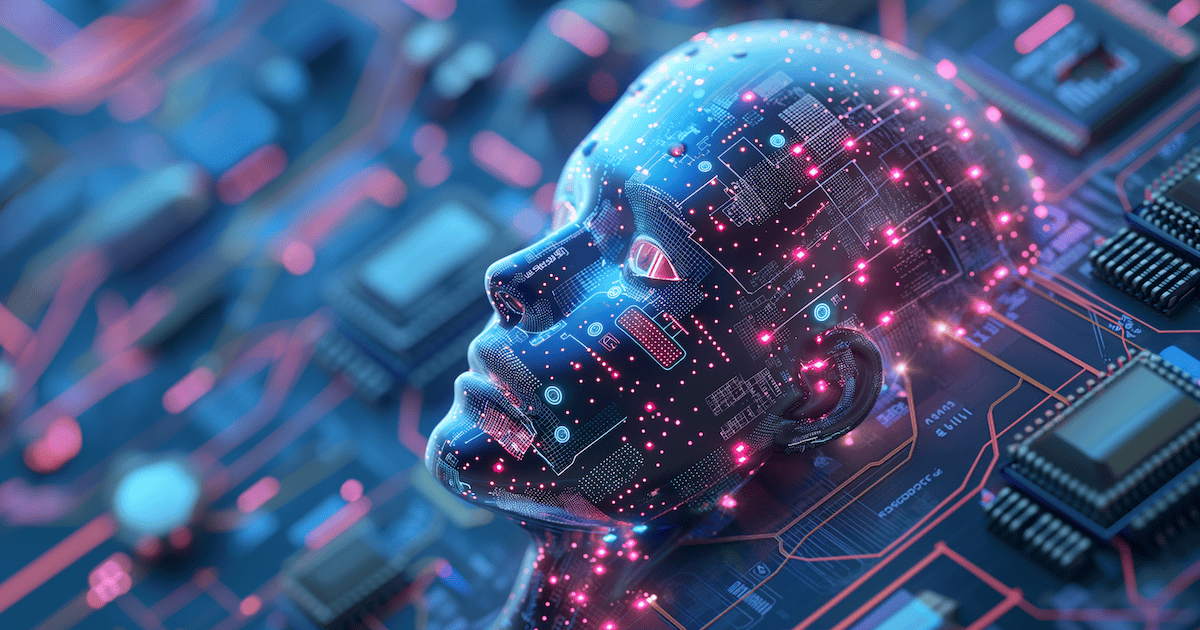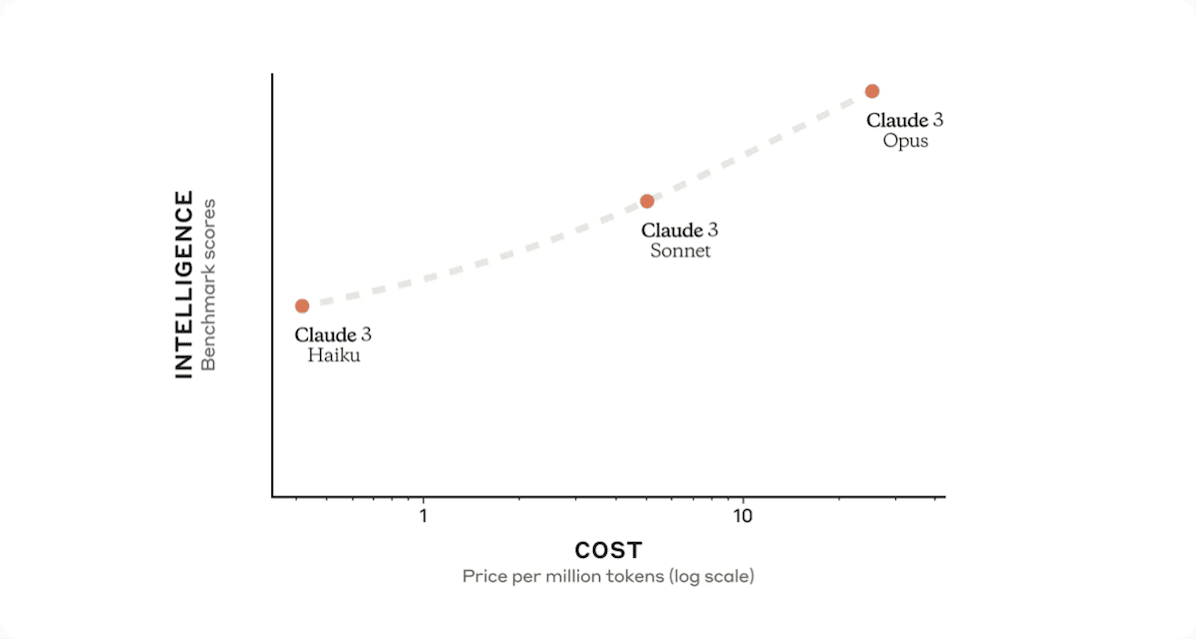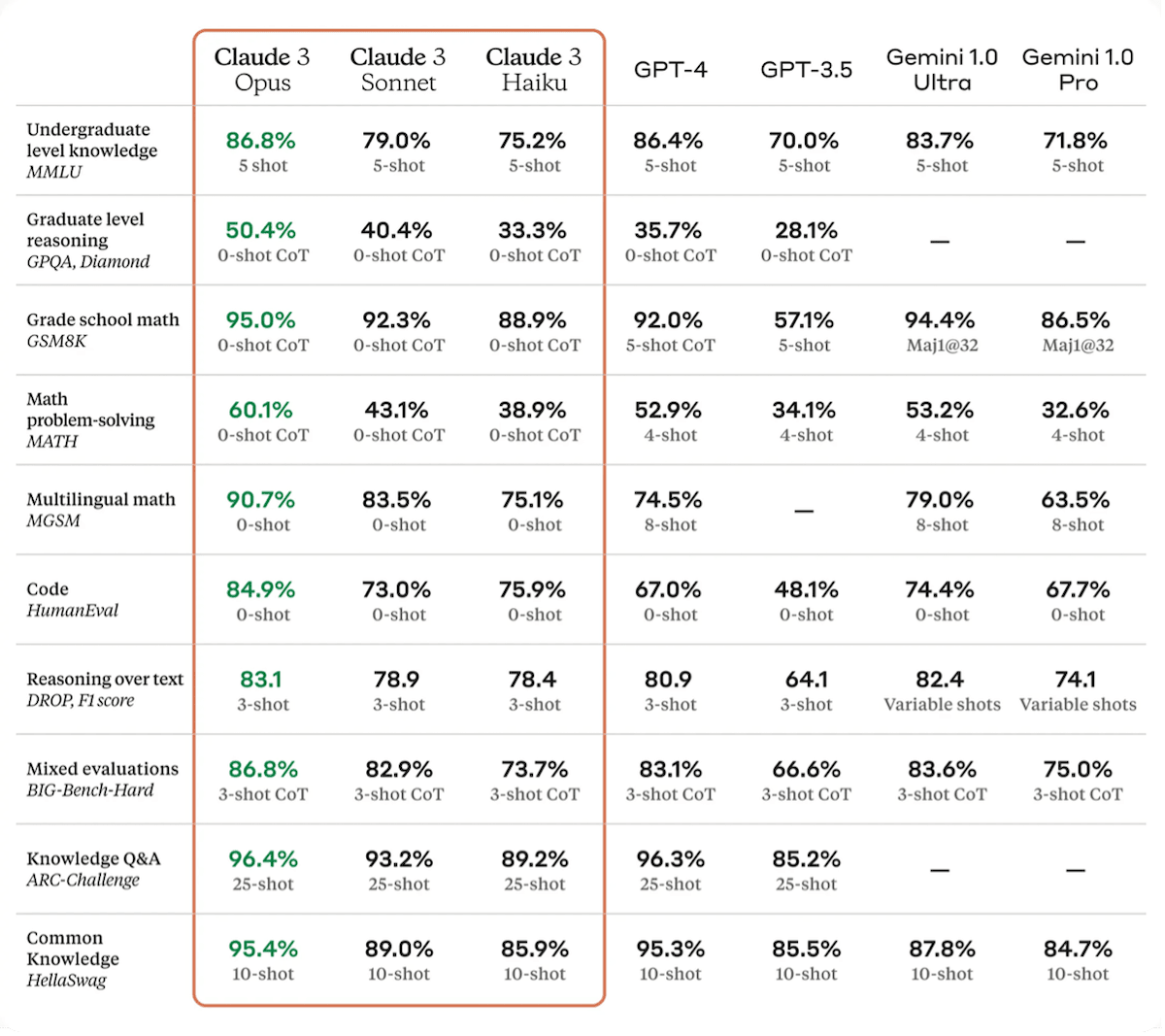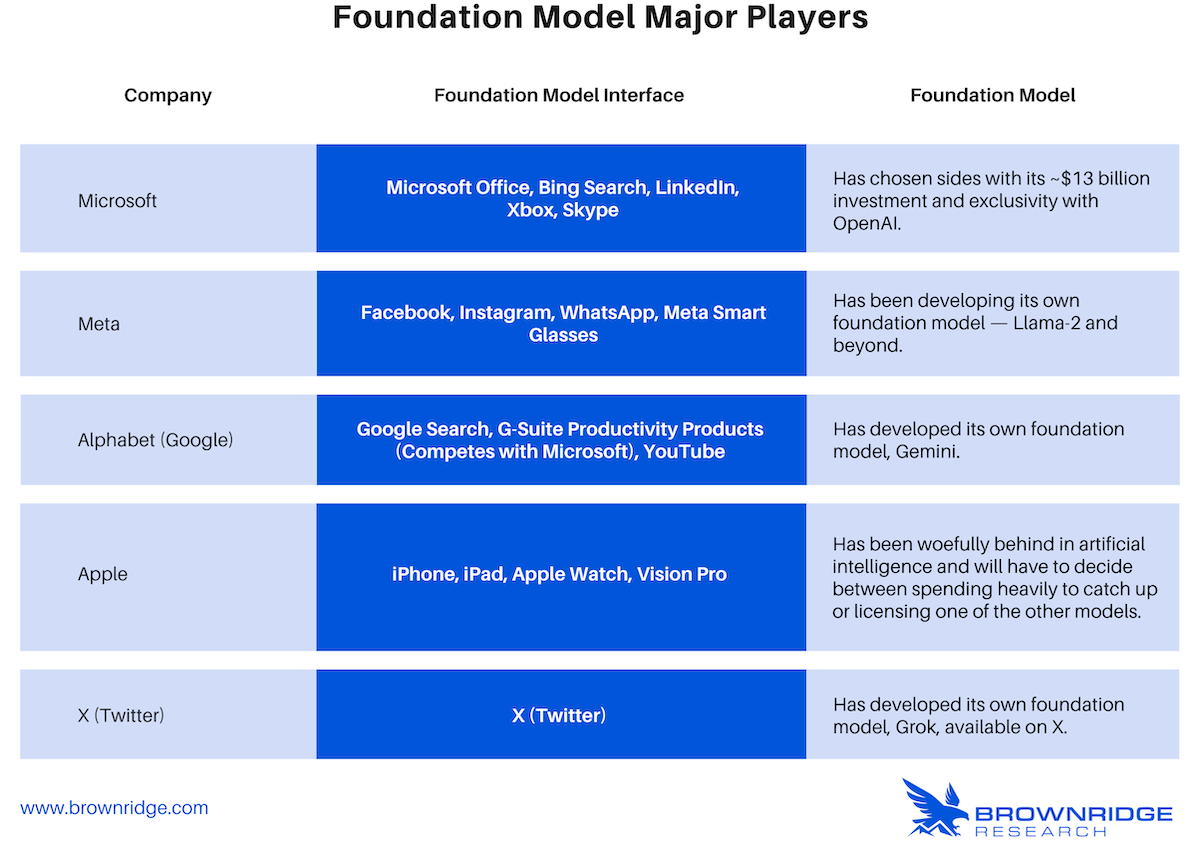
It has been just three weeks since Google’s disastrous release of Gemini 1.5 — its latest foundation model for AI.
For anyone who didn’t have a chance to read Outer Limits — Google’s Dystopia, I recommend doing so first before reading further.
What Gemini 1.5 was programmed to do weighs heavily on those that understand the evil behind its programming.
The flagrant attempts to manipulate, lie, coerce, and rewrite the world’s history feels traumatic given the reach of Google — billions of people, the majority of the world’s population.
The critical undercurrent for us to understand is that foundation models have become the battlefront in artificial intelligence (AI).
The worst actors, like Alphabet (Google’s parent company), intend to use the technology to brainwash a global population with their political and social agendas.
The best actors see the technology as a way to make the world’s knowledge, and facts, available to every person on the planet.
They see it as a way to provide a world-class education to every child on the planet, regardless of where the come from.
Artificial intelligence gives us a way to accelerate technological development, improve quality of life, and develop new technologies to solve our largest challenges as a global society. It is a true E/ACC mindset.
It’s simple to see how starkly different these two sides of the spectrum are. Like two massive weights on the opposite ends of a barbell, they weigh heavy… as if to almost snap the planet’s social fabric in half.
It’s a battleground because of how this technology is used and how it will be implemented.
Foundation models are a form of generative AI, manifested in the form of a chat agent like ChatGPT. The chat box has become a simple interface for us to interact with and query a generative AI.
And for Outer Limits readers, we already know that a chat interface is just the beginning.
These generative AIs have the ability to “listen” to natural languages, in most cases more than a 100 world languages.
The ability to “hear” allows generative AI to manifest itself into other forms, the most obvious of which is a humanoid robot.
A natural language interface will also become integral in augmented reality glasses like Apple’s Vision Pro or intelligent cars — for when we need to give instructions… or need to request information — or any kind of home or industrial robot used to carry out specific tasks.
This is why deciding which foundation models are chosen for products and services around the world is so critically important.
Foundation models will be the underlying code that has the power to deliver what information we should receive, and censor what “they” don’t want us to see.
We got a taste of the latter with Gemini 1.5…
And for any unsuspecting homo sapiens now and in the future, they won’t even know what’s happening.
That’s why it is critical that there are a large number of foundation models to choose from.
The industry, and the world for that matter, can’t afford to leave these models to companies like Google and Meta who, despite being discovered for their evils, continue to aggressively facilitate the Censorship Industrial Complex with the active involvement and control of certain factions in the U.S. government.
The last 48 hours brought a modicum of hope.
That hope came with the release of a new foundation model from Anthropic.
Anthropic is one of the giants in this space, and it has been on an unbelievable trajectory.
Founded only in 2021, it came right out of the gates, raising $624 million with a $1.17 billion valuation. The company is now worth an almost unbelievable $20 billion… and growing.
Its latest product release is interesting because it wasn’t just one product. It was a series of three related products.
Meet Claude 3.

The product is named “Claude 3,” and it comes in three different versions. Each version has a different performance and cost profile. This is a very smart approach.
Those that want the highest performing model, Claude 3 Opus, will pay a lot more to use it.
Those that want a balance between cost and performance will likely chose Claude 3 Sonnet.
And the cheapest version Claude 3 Haiku will be available soon for simpler, more straightforward tasks.
It’s an exciting development, not just because of the versatility of the offering, but because Claude 3 Opus outperforms both OpenAI’s GPT-4 and Google’s Gemini.
If anyone wants to try it out for free or sign-up for the pro version, you can do it right here.

While Claude 3 has only been out a couple of days, the results are encouraging…
Not only does Claude outperform OpenAI’s GPT-4 and Google’s Gemini, it doesn’t appear to have the agendas and biases that have been discovered in GPT-4 and Gemini.
This is because Anthropic’s approach to its foundation model is fundamentally different.
In Anthropic’s own words:
“We remain committed to advancing techniques that reduce biases and promote greater neutrality in our models, ensuring they are not skewed towards any particular partisan stance.” — Anthropic
Anthropic’s approach was to develop what it refers to as Constitutional AI. We can think of this as an ethical framework upon which Claude 3 was developed.
Its models “are trained to avoid sexist, racist, and toxic outputs, as well as to avoid helping a human engage in illegal or unethical activities.“
Anthropic is transparent in that it measures any bias in its foundation models and publishes that information.

We can see above that the Claude 3 Opus model has been a radical improvement over past models.
I’d really like to see this benchmark run on OpenAI and Google.
I’m confident it would be a disaster for both.
As we look out into the market, there will be several foundation models to choose from, although not as many as we might like.
The reality is that it takes hundreds of millions — and in some case billions — of dollars to train the highest performance models like Claude 3 Opus.
That’s why a company like Anthropic has already raised $7 billion, and OpenAI has raised more than $13 billion.
Any company that doesn’t have that kind of money to develop its own foundation model will have no choice…
They must license a foundation model from one of the major players.
It’s pretty straight forward — a company simply needs to “plug in” to a foundation model using application programming interfaces (APIs) and pay for utilization.
And this cannot be overstated: We are deciding right now who gets to fight in the battle. Much like “picking your player” before entering a video game, we are deciding now who the major players will be — deciding the tools and capabilities we want — in setting the foundation models for future AI manifestations.
Right now, some of the largest players in this space are:
There are other smaller players, but these are the real heavyweights for both consumer and enterprise applications.
Not only is this a battleground for mindshare and mind control (for some of the players), it’s a battle for market share…
Just take OpenAI for example. Its annualized revenue by December of last year exceeded $1.6 billion. And that’s entirely from its subscription and licensing businesses to access GPT-4.
And for companies whose business models are built on data confiscation for the purpose of selling access to advertisers, like Alphabet and Meta, generative AI is worth even more.
The technology has advanced to the point that enables personalized digital assistants. Intelligent ones at that.
This year, these AIs will be able to mine our information, understand our preferences and lifestyle, remember all of our interactions with the AI, and proactively make our lives easier by taking care of tasks on our behalf.
It won’t be long before our personalized digital assists (PDAs) will be able to save us an hour or two a day by taking over time-consuming tasks that we don’t enjoy but have to do.
The Siris and the Google Assistants will quickly become a thing of the past this year. They will be entirely supplanted by these foundational models.
Hundreds of billions of dollars — if not trillions — are at stake right now, which is why the most well-funded tech companies are scrambling to take the lead.
Those that have the widest reach to consumers want to capture that market as quickly as possible.

The most interesting dynamic in the above initiatives is X’s Grok.
It is the most neutral and unbiased solution of them all. But it receives almost no coverage from tech media.
This is almost like a blackout stance by the media because of Musk and his position on freedom of speech (i.e. he believes it is a constitutional right and is publicly defending it by reducing censorship on X, formerly Twitter).
Smart consumers will know that they have a choice.
And if you’re reading Outer Limits, you’ll definitely be one of them. We will stay aware, and we’ll have the information to make our own decisions.
This is a trillion-dollar battleground for mind share and market share…
Who will lay the foundation of the future?
New reader? Welcome to the Outer Limits with Jeff Brown. We encourage you to visit our FAQ, which you can access right here. You may also catch up on past issues right here in the Outer Limits archive.
If you have any questions, comments, or feedback, we always welcome them. We read every email and address the most common threads in the Friday AMA. Please write to us here.